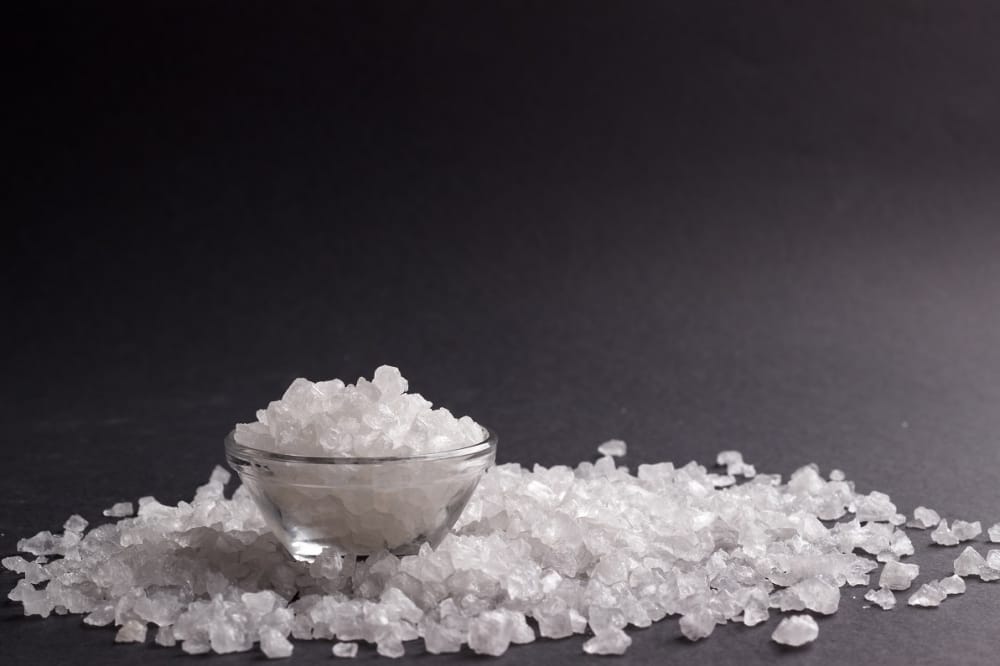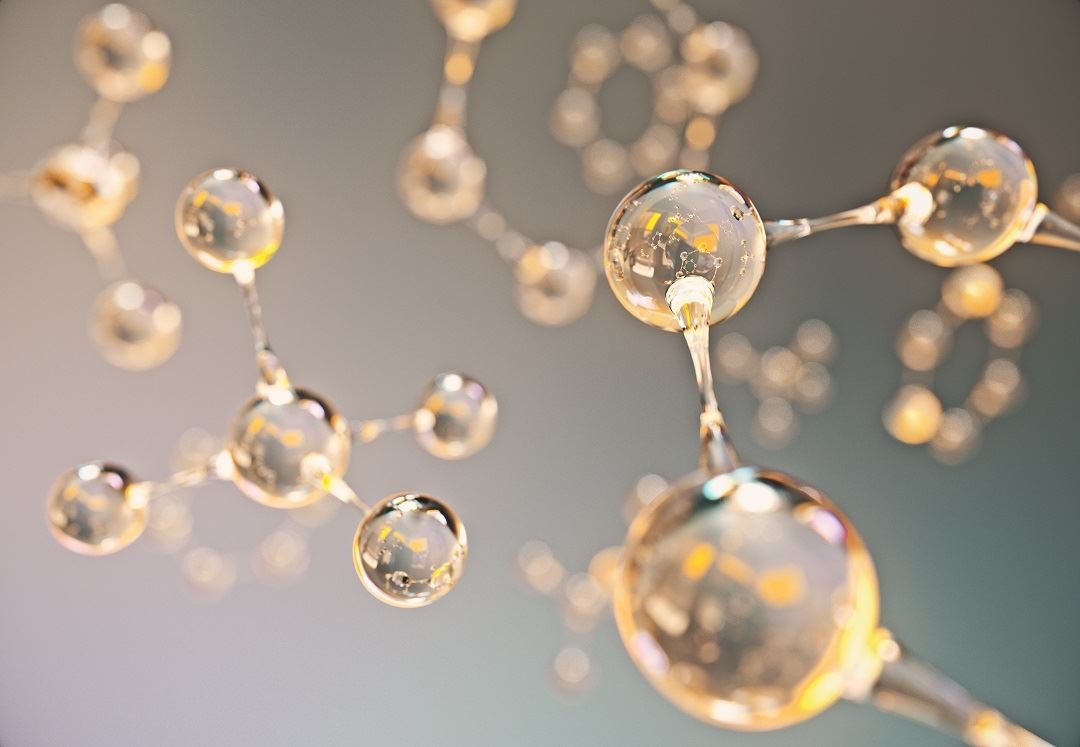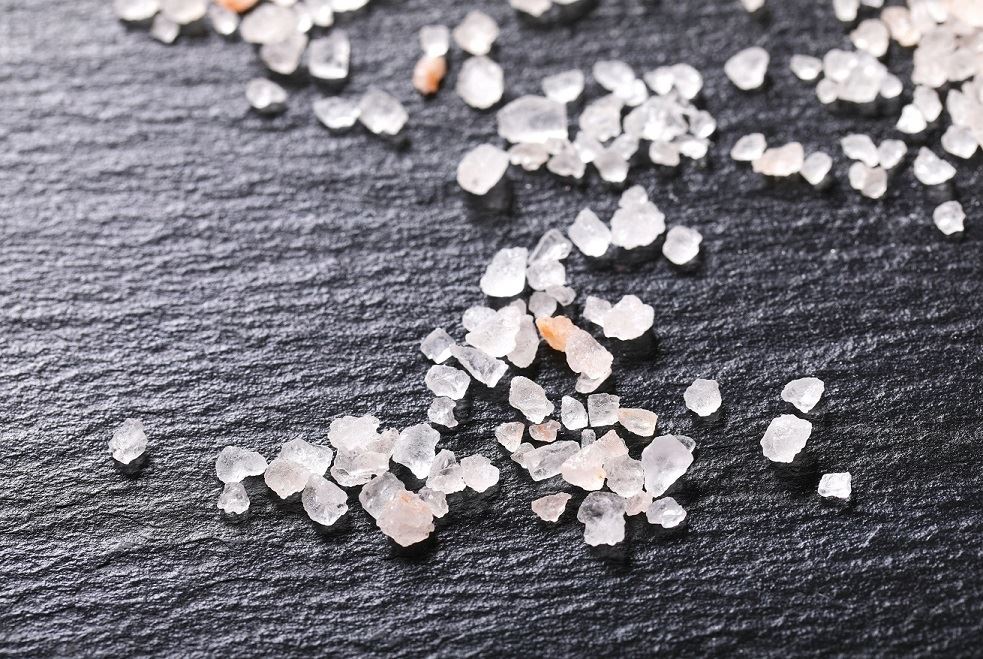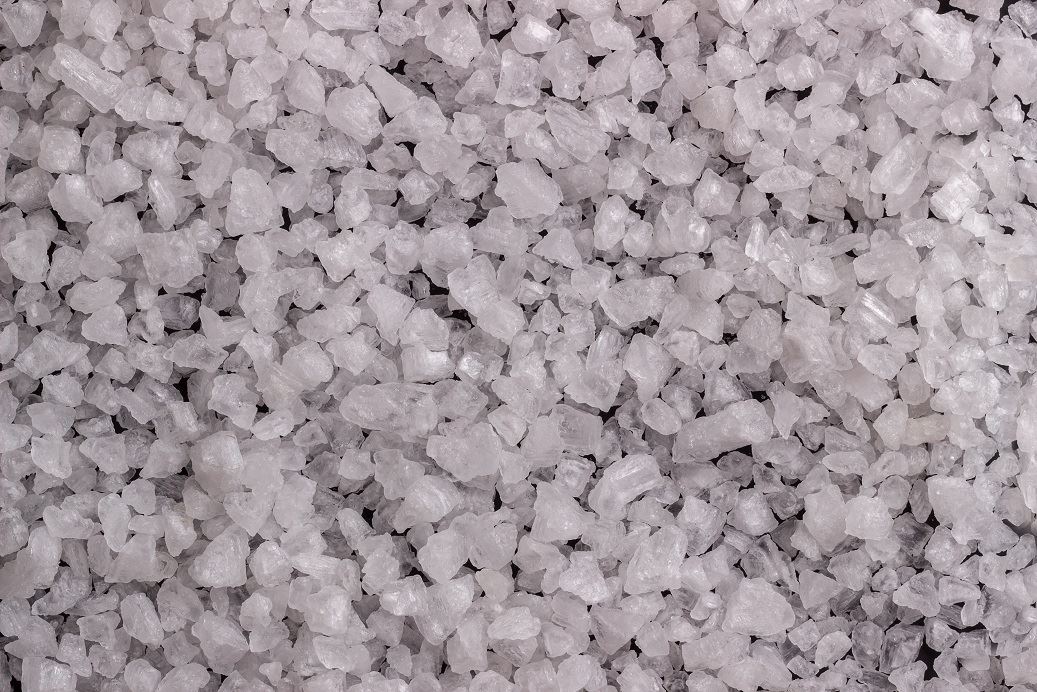Is Salt An Organic Compound?
2020-11-19(89728)
Sodium chloride or dietary salt is essential for the human body to properly function. Table salts have been used by people for varying purposes through the ages. However, there is more into salts than the common image of white crystals that give flavor to food.
As Koyuncu Salt, Turkey’s leading salt exporter, we will find the answer to a popular question, “is salt an organic compound?” and provide some of the essential information on chemical compounds for a better understanding.
Compound Definition
Before answering the question, “is salt an organic compound,” we need to touch upon what a compound and organic compound mean in chemistry. Then, we need to make the distinction between organic and inorganic compounds for a clear understanding. So, what is a compound?
A compound, in general, refers to a material made up of two or more elements. In biochemistry, specifically, a compound refers to a substance consisting of atoms or ions of two or more bonded elements. Two or more elements that are bonded together by a chemical bond creates chemical compounds.
A chemical compound needs to be a combination of different types of elements. For example, the bonding of sodium and chloride elements creates NaCI or sodium chloride, which we know as table salt.
What Is An Organic Compound?
Knowing what a chemical compound means, we can proceed to the next question; “what is an inorganic compound?” An organic compound refers to any chemical compound that contains carbon-hydrogen bonds. Organic compounds containing carbon as well as other elements are essential for the reproduction of living organisms.
Organic compounds made up of molecules of hydrocarbons and proteins are the basis for chemical reactions in plant and animal cells. These reactions provide vital energy that is needed for any life-related activity, such as finding food or reproduction.
What Does Inorganic Compound Mean?
Is salt an organic compound? We need to define inorganic compounds. In chemistry, inorganic compounds are substances in which two or more chemical elements are combined but do not contain a carbon-hydrogen bond.
Organic compounds are often classified according to the elements or groups of elements they contain. For example, oxides can be classified as either ionic or molecular. Since organic chemicals include only substances containing carbon atoms bonded to hydrogen atoms, most of the elements and substances are considered to be inorganic chemicals.
Salt Chemical Formula
Now you know what organic and inorganic compounds are. We will get into more detail about the salt chemical formula for a further understanding of this specific compound before we answer to “is salt an organic compound.”
Salt is a chemical compound composed of an anion and cation. Salts are formed by the assembly of positively charged ions(cations) and negatively charged ions (anion.) Table salt (NaCI) consists of sodium and chloride ions and it is an ionic compound.
In its edible form, food salt is commonly used to enhance flavors or to preserve food. Salt can also be used for industrial purposes, which are called industrial salts. Moreover, salt can be used as a supplementary for animal diet; these types of salts are animal salts. Apart from these, salts are used for de-icing the roads.
Do you know the properties of salt? You can read our article, How Can You Identify A Salt? To learn now.
Let’s take a look at the types of salt in chemistry.
Types of Salt In Chemistry
When we talk about salt, usually, the first thing that comes to mind is sodium chloride, that is, regular table salt. However, there are a variety of ways to classify salts. The types of salts are;
● Alkali salts: Salts that give out hydroxide ions when dissolved in water.
● Neutral salts: Neutral salts, just as their name suggests, are neither acidic nor basic salts.
● Acid salts: Salts that produce acidic solutions when dissolved in a solvent.
● Zwitterions: Zwitterions are not considered to be salt, but they contain an anionic and cationic center in the same molecule. A zwitterion is called inner salt.
These are the types of salt in chemistry. If you are looking for edible types of salt, you can check out our article, How Many Types of Salt Are There?
Is Salt An Organic Compound?
So far, we have covered the definitions of organic and inorganic compounds along with the chemical formula of salt and the types of salt in chemistry. Now, we can answer the question; is salt an organic compound?
Inorganic Salts
There are both organic and inorganic salts. However, salts like table salt (sodium chloride), baking soda (sodium chloride), calcium carbonate, and muriatic acid (industrial-grade hydrochloric acid) are some of the commonly known inorganic compounds. So, to highlight it, table salt or food salt that humans consume are inorganic compounds.
Typically, inorganic compounds have high melting points and their electrical conductivity varies in degree. These properties of inorganic compounds make them useful in certain applications:
● As Jet and rocket fuels, and explosives,
● As chemicals in water treatments and sterilization,
● For industrial purposes as pigments in fibers, ink, paint, and paper,
● In pharmaceutical manufacturing, and so on.
Organic Salts
There is actually not a single answer to the question “is salt an organic compound?” There are also organic salts. In chemistry, these types of salt are the ones that contain an organic ion. For example, sodium acetate and most of the main ingredients of cleaning products (sodium salts such as sodium laurate are organic salts. These are derived from organic acids.
However, there is also a marketing side to “organic salts.” In marketing, table salts without any additives like iodine or anti-caking agents are referred to as organic salts. For example, sea salts that are free of any additives might be called “organic.”







